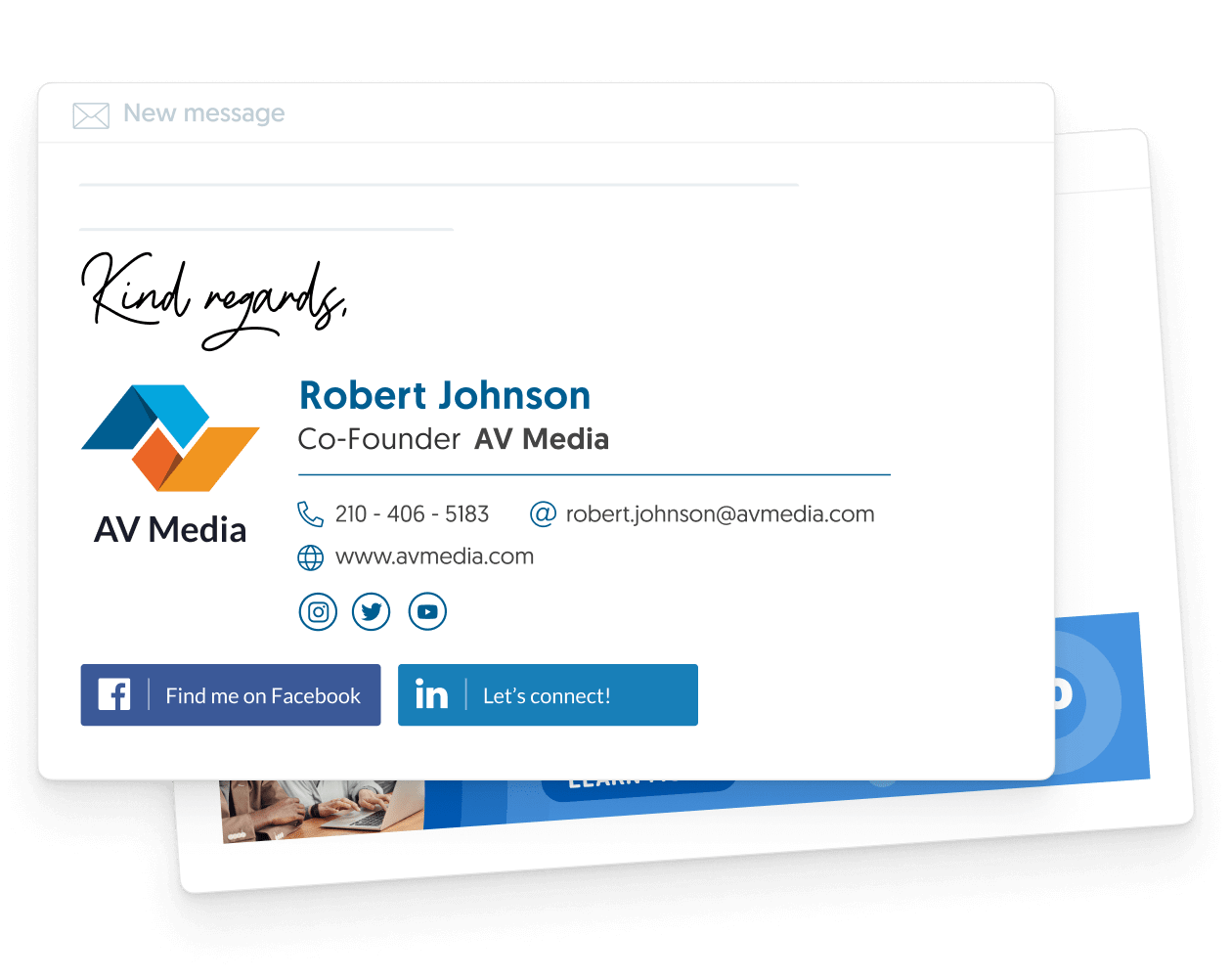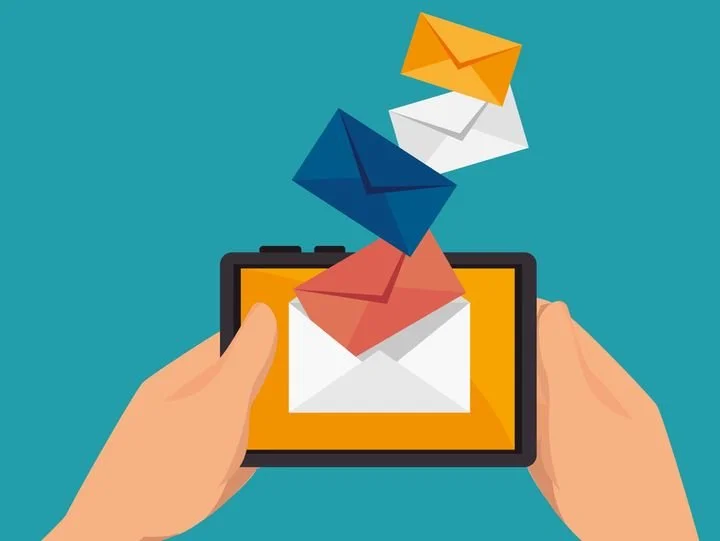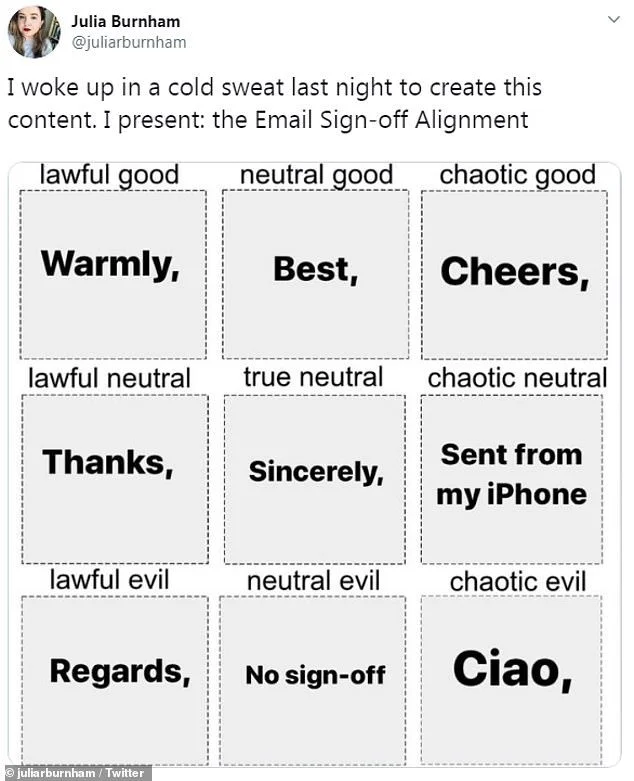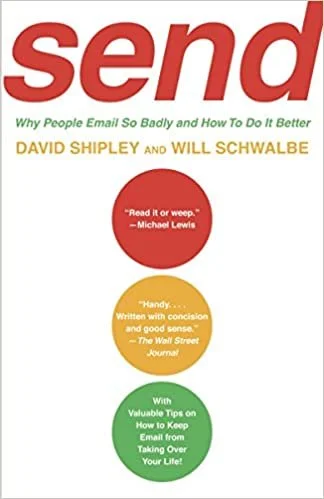March 2022
View our original newsletter here: Email Closings
Closings: How do you say goodbye?
You've written your important message and now need a closing. What go-to closing words or statements can you use that are effective, professional, and personal? Do you know which closings are okay to use every time, and which to only use sometimes?
A closing is the last thing your audience reads in your voice and leaves them with a final impression of you and your message. The goal is to leave a positive impression on your reader. Crafting an effective closing is one important aspect of crafting an effective message!
Which closings best leave a positive impression?
We share tips, resources and information about email closings in our recap of March!
"...Email is a slow, written conversation. Once you start that conversation, you will inevitably need to end it.The closing is important because it marks the end of the message. It reassures the reader that they have received your complete thoughts, all that you intended to send them..."
Tip: Pick a word or phrase that can easily close most messages: sincerely, respectfully, regards, kindly, best.
You may notice "thanks" isn't on this list...
Why should you avoid "thanks" as a go-to closing?
Don't Just Take Our Word For It
See what other industry experts are saying about email closings…
Here is the perfect way to end an email — and 26 sign-offs you should usually avoid
"Writing the body of an email is the easy part. The hard part is signing off..."
This Is The Best Way To End A Work Email, According To Etiquette Experts
"...a well-constructed email sign-off (the last line of your email and your signature) is essential to leaving the reader with a positive impression....."
Check out this great visual guide and venn diagram of formal closings. Remember, it's all about context!
Where does your go-to closing fall on spectrum from lawful good to chaotic evil? We think "Thanks," could fall under a few of these categories...
Go Further
Want to know where we got this tip? A variety of resources. But the book SEND: Why People Email So Badly and How to Do It Better by David Shipley gives some great information about all things emails, from constructing effective emails to navigating email etiquette.
"Send—the classic guide to email for office and home—has become indispensable for readers navigating the impersonal, and at times overwhelming, world of electronic communication. Filled with real-life email success (and horror) stories and a wealth of useful and entertaining examples, Send dissects all the major minefields and pitfalls of email. It provides clear rules for constructing effective emails, for handheld etiquette, for handling the “emotional email,” and for navigating all of today’s hot-button issues. It offers essential strategies to help you both better manage the ever-increasing number of emails you receive and improve the ones you send..."
Quote of the Month
“Do unto others as you’d think they’d want you to do unto them.”
— Send
The Platinum Rule







